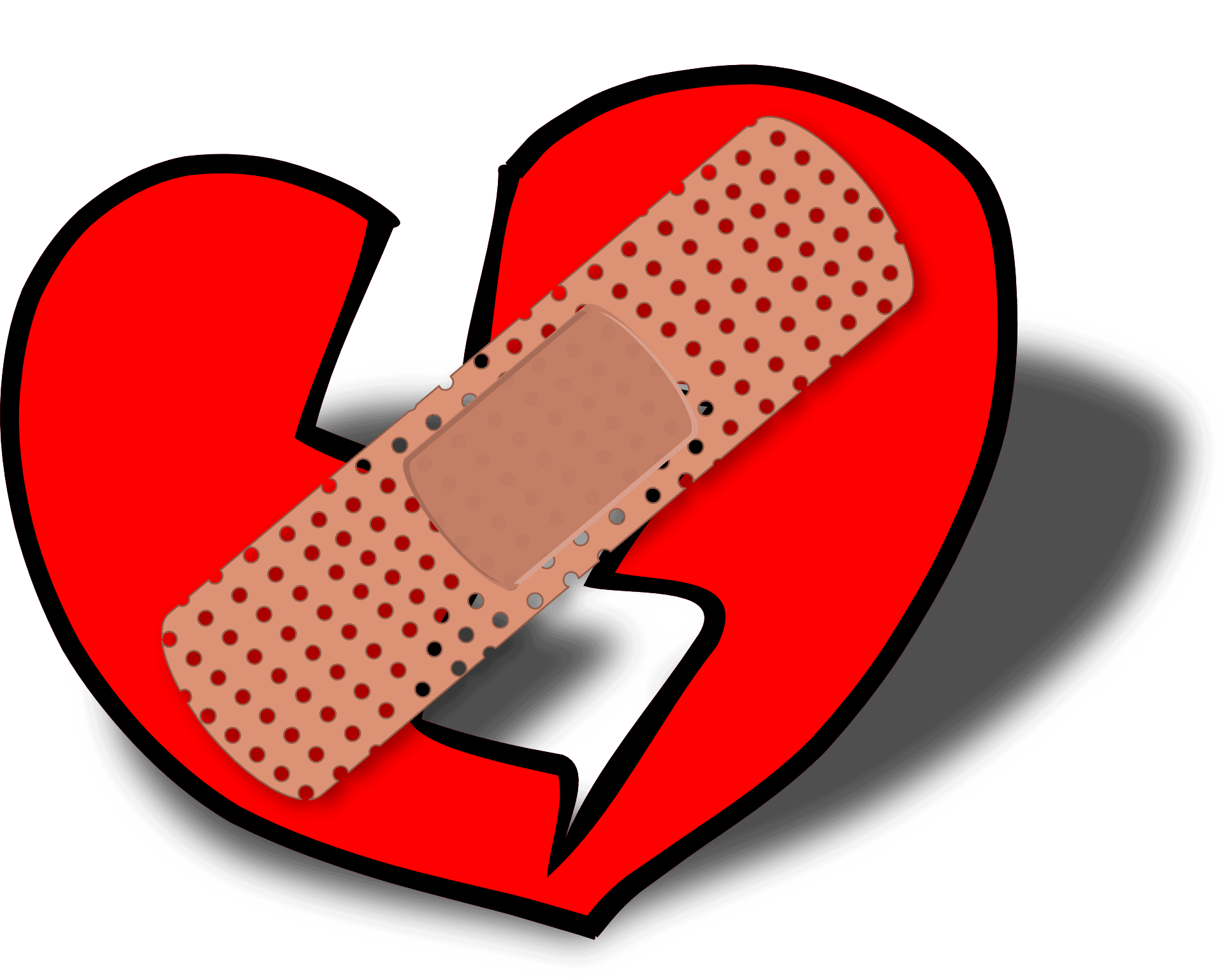
A Broken Heart and the Will to Live
Losing someone you love can feel like the end of the world. You may feel as if your heart is actually breaking. Generally, “heartbreak” refers to an emotional state that people attribute to the physical symptoms of being broken-hearted. But it turns out that for some people, the stress of losing a loved one can set off a series of reactions in the physical body as well as mind that can result in disease or sometimes death. In fact, research shows that in the first month after a loved one passes away, your risk of dying significantly increases, says ABC News. Fortunately, bereavement services in Santa Clara and elsewhere can help you cope and see you through the process of grief in a healthy way.
Grief and Heartbreak: They are Inseparable
After you have experienced the loss of a loved one, it’s time to start the healing process. You don’t do this by avoiding the pain of grief, but rather by focusing your attention on how to mourn. This is hard work, so get plenty of rest, eat well, and treat your mind and body right. As you make your way through this cycle of attentive mourning, you will eventually find your way through the grief while healing your broken heart as you progress.
Keep these important things in mind about mourning. First off, your grief is yours. How you cope with it and get through it is entirely unique to you. But there are four factors that contribute to the experience, such as:
-
What kind of relationship you had with the deceased
-
What the circumstances of their death were
-
The quality and extent of your support network
-
The socio-cultural and spiritual context of your life
This is why you shouldn’t compare your grief to someone else’s. All you can do is take one day at a time, stay present and don’t get caught up in the past for long, and do one thing every single day to move you through the journey of mourning.
You can do this by:
- Talking to others. Share your feelings with people in your support system. Have coffee with a friend, join a support group, or schedule weekly lunches with a sibling. Talking to others rather than keeping things inside will help you understand and process what happened. Remember, avoidance can lead to isolation and can disrupt the healing process.
- Expect the unexpected. Mourning is indeed like an emotional roller coaster. You’ll likely experience a myriad of emotions from one day to the next, from fear and relief to anger and guilt. Sometimes you just feel numb, confused, or disorganized. This is all normal.
- Don’t isolate yourself. While you may want to just shut everyone out right now, resist this. Welcome compassionate people into your world who are willing to help out in any way. Take them up on their offers. Accept the support. You can take some time-outs for yourself here and there, but don’t stay isolated in your grief.
- Express your feelings in a tangible way. Even if you’re having a hard time talking about your loss with other people, you still need to get those feelings out. Consider writing in a journal, making a scrapbook, or volunteering for a cause, advises Help Guide.
- Plan ahead of time for grief “triggers.” These include any event that can trigger bursts of grief, causing all those feelings to come flooding back. Anniversaries, holidays, and important milestones tend to reawaken painful memories. Prepare yourself for these times and understand that what you’re feeling is normal. Some ways you can prepare for these grief triggers is to mark the loss in a creative way or make sure you’re not alone on those days.
- Keep an eye on your health. Because the mind and body are connected, you need to take care of yourself completely. When you are feeling healthy physically, you can better cope with your feelings emotionally. Keep stress and fatigue at bay by getting plenty of restful sleep, exercising, refraining from drugs and alcohol, and eating right.
- Celebrate the lives of your loved ones. Anniversaries of a lost loved one are difficult but you can use these times for remembering and honoring them, says the American Psychological Association. You could collect donations to their favorite charity, pass on a family name to a baby or plant a garden in their memory.
In the end, having the will to live can pull you through and out of grief as you learn to cope with the loss left behind after a loved one dies. Even broken hearts can heal.
Contact Pathways Home Health and Hospice
We offer many bereavement services for those who have recently lost a loved one. Please give us a call to see what would be the best fit for you, whether a support group, one on one counseling, or workshops. Contact us today at 888-978-1306 to find out what we offer you and your family.

